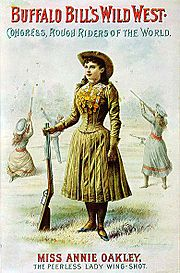Jonathan Turley brings us possibly great news regarding Obamacare. We knew it would take some years for any legal challenge to wind its way through the courts. This case looks to be the heart stopper for this dreaded Bill. Turley is optimistic, and he is no GOPer. Of course, we have to consider the fact that Obama recently stacked the D.C Court, but if Turley thinks we have a chance, I will go for it. We have been on a winning streak in the courts, lets hope this one goes our way as well. Here we go:
A far more fundamental challenge to Obamacare is about to be decided by the powerful U.S. Court of Appeals for the D.C. Circuit. Indeed,
“if Hobby Lobby will create complications for Obamacare, Halbig vs. Burwell could trigger a full cardiac arrest.”
The D.C. Circuit Court is expected to rule any day now on the Halbig case, and supporters of the Affordable Care Act are growing nervous. In January, an Obamacare advocate described the Halbig case to a reporter for the Hill as “probably the most significant existential threat to the Affordable Care Act. All the other lawsuits that have been filed really don’t go to the heart of the ACA, and this one would have.”
And in a fraught oral argument before the D.C. Circuit Court, the administration seemed to struggle to defend its interpretation.The Halbig case challenges the massive federal subsidies in the form of tax credits made available to people with financial need who enroll in the program. In crafting the act, Congress created incentives for states to set up health insurance exchanges and disincentives for them to opt out. The law, for example, made the subsidies available only to those enrolled in insurance plans through exchanges “established by the state.”
The administration attempted to solve the problem by simply declaring that even residents of states without their own exchanges were eligible for subsidies, even though the law seemed to specifically say they were not. The administration argues that although the statute’s language does limit subsidies to residents of places with exchanges “established by the state,” that wording actually referred to any exchange, including those established by the federal government. In January, a district court judge upheld that interpretation, allowing the subsidies to continue.
Read full story over at LA Times




